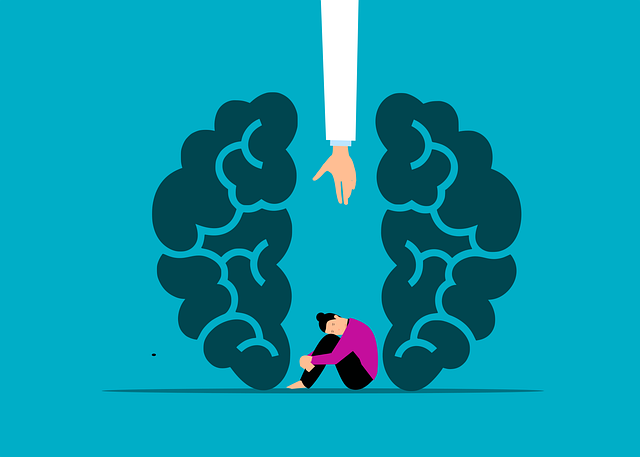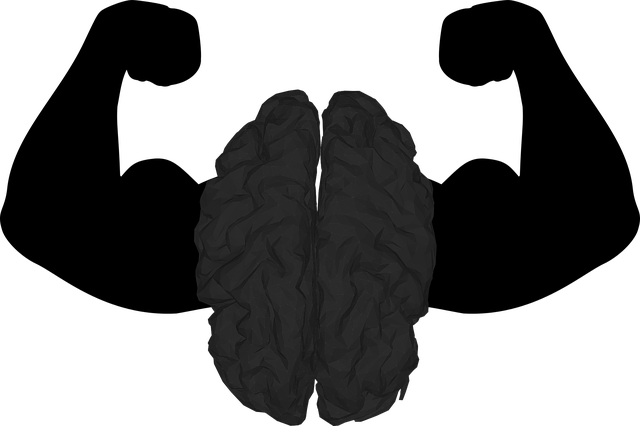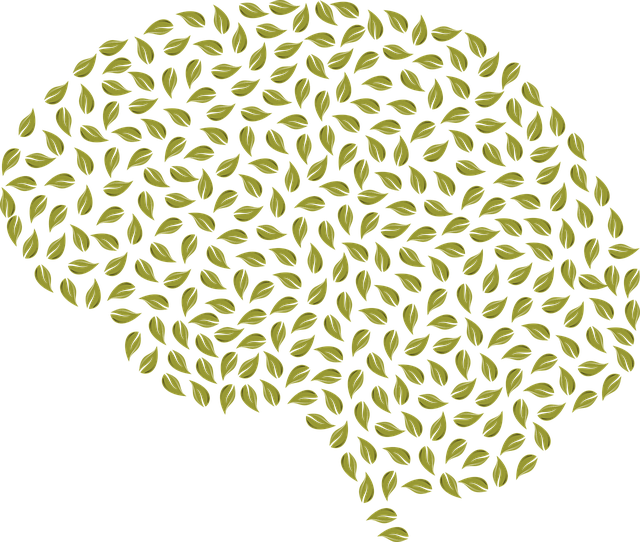Mental wellness for individuals with Aurora Autism Spectrum Disorder (ASD) requires personalized support. ASD therapy focuses on social communication, interaction, and behavior through evidence-based methods. Self-assessment tools, incorporating empathy strategies, communication techniques, and risk management planning, are crucial for tailored interventions. These tools account for unique ASD challenges, promote self-awareness, and enable effective tracking of emotional states and progress. Regular use and feedback ensure their relevance in fostering holistic mental wellness outcomes, boosting confidence, and enhancing social skills training.
Mental wellness self-assessment tools play a pivotal role in understanding and addressing individual needs, especially for those on the Aurora Autism Spectrum Disorder (ASD) spectrum. This article explores the development of personalized self-assessment tools tailored for ASD individuals, focusing on effective strategies to evaluate mental health and well-being. We delve into the process, highlighting the importance of tailored approaches in autism therapy, and discuss implementation methods to measure their impact. By understanding mental wellness through these tools, we aim to enhance support for ASD communities.
- Understanding Mental Wellness and Aurora Autism Spectrum Disorder (ASD)
- The Need for Personalized Self-Assessment Tools
- Developing Effective Self-Assessment Tools for ASD Individuals
- Implementing and Measuring the Impact of Self-Assessment Tools
Understanding Mental Wellness and Aurora Autism Spectrum Disorder (ASD)

Mental wellness encompasses an individual’s emotional, psychological, and social well-being. It affects how we think, feel, and act in our daily lives, influencing our ability to cope with stress, make choices, and relate to others. Recognizing and understanding mental health conditions, such as Aurora Autism Spectrum Disorder (ASD), is crucial for developing effective support strategies. ASD presents unique challenges related to social communication, interaction, and behavior, requiring tailored therapeutic approaches.
Aurora Autism Spectrum Disorder therapy focuses on addressing these specific needs through various evidence-based methods. It involves a comprehensive understanding of the individual’s strengths and difficulties to foster personal growth and improve quality of life. By participating in specialized programs and workshops, such as stress management sessions or anxiety relief initiatives offered by organizations dedicated to mental wellness, individuals with ASD can learn coping mechanisms and develop essential skills to navigate their unique experiences more effectively.
The Need for Personalized Self-Assessment Tools

In today’s fast-paced world, mental wellness is a paramount concern, especially for individuals navigating conditions like Aurora Autism Spectrum Disorder (ASD). Personalized self-assessment tools play a pivotal role in this context, as they enable tailored interventions and support strategies. Traditional, one-size-fits-all approaches often fail to address the unique challenges and strengths inherent in each individual’s mental health journey.
Empathy Building Strategies and Communication Techniques are essential components that such tools should incorporate. By fostering understanding and connection, these strategies enhance the therapeutic process for both clients and mental health professionals. Furthermore, integrating Risk Management Planning ensures a proactive approach, helping individuals with ASD mitigate potential crises and promote resilience. Effective self-assessment tools, therefore, serve as powerful catalysts for positive mental wellness outcomes in this population.
Developing Effective Self-Assessment Tools for ASD Individuals

Developing effective self-assessment tools for individuals on the Autism Spectrum (ASD) is a nuanced process that requires deep understanding and compassion. Tools designed for this population must consider the unique challenges they face, such as communication differences and sensory sensitivities, which can impact traditional assessment methods. Incorporating Aurora Autism Spectrum Disorder Therapy approaches, these assessments should promote self-awareness and provide actionable insights for personalized support plans.
By integrating evidence-based practices like Compassion Cultivation Practices, mental health professionals can foster a non-judgmental environment, reducing the often prevalent Mental Illness Stigma. Furthermore, burnout prevention strategies are essential for therapists, ensuring they have the resilience to sustain supportive relationships over time. Customized self-assessment tools not only aid individuals in ASD but also empower them with skills to navigate their mental wellness journeys effectively.
Implementing and Measuring the Impact of Self-Assessment Tools

Implementing self-assessment tools for mental wellness can significantly impact an individual’s journey towards better health, especially when tailored to specific needs like Aurora Autism Spectrum Disorder (ASD) Therapy. These tools serve as powerful vehicles for self-reflection and awareness, enabling individuals to track their emotional states, identify triggers, and monitor progress over time. By incorporating self-assessment practices, therapists can facilitate a more collaborative approach to care, empowering clients to take an active role in managing their mental wellness.
The effectiveness of these tools is measured through regular use and open dialogue with healthcare providers. Feedback from both the individual and their support network can help refine the assessment process, ensuring it remains relevant and beneficial. This iterative process contributes to improved confidence boosting strategies, enhances cultural competency among healthcare providers, and even bolsters social skills training outcomes, ultimately fostering a more holistic approach to mental wellness.
The development of personalized self-assessment tools for mental wellness, specifically tailored to individuals with Aurora Autism Spectrum Disorder (ASD), is a significant step forward in enhancing their access to appropriate therapy and support. By focusing on the unique needs and challenges faced by ASD individuals, these tools can provide valuable insights into their emotional well-being. Through effective implementation and measurement of impact, we can ensure that such assessments contribute to more effective interventions and improved outcomes for those navigating ASD and related mental health concerns.














